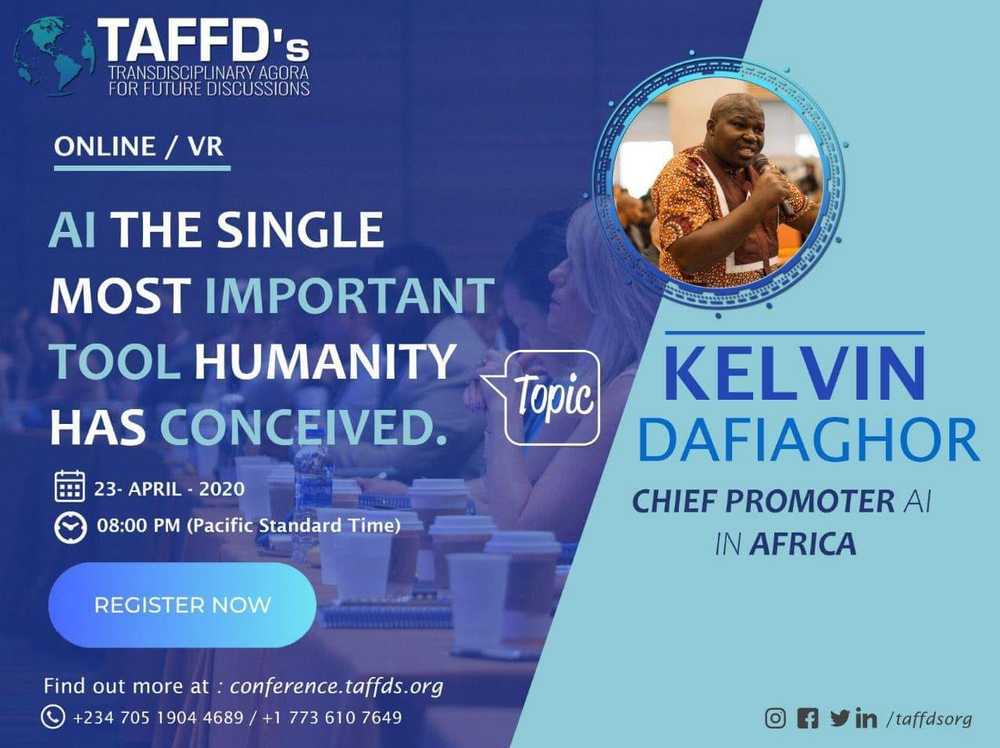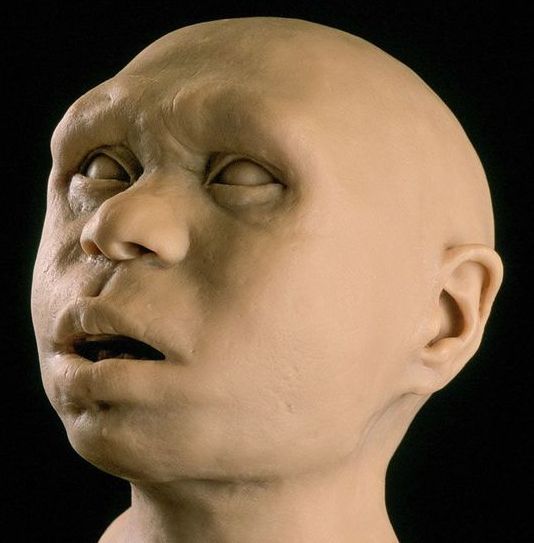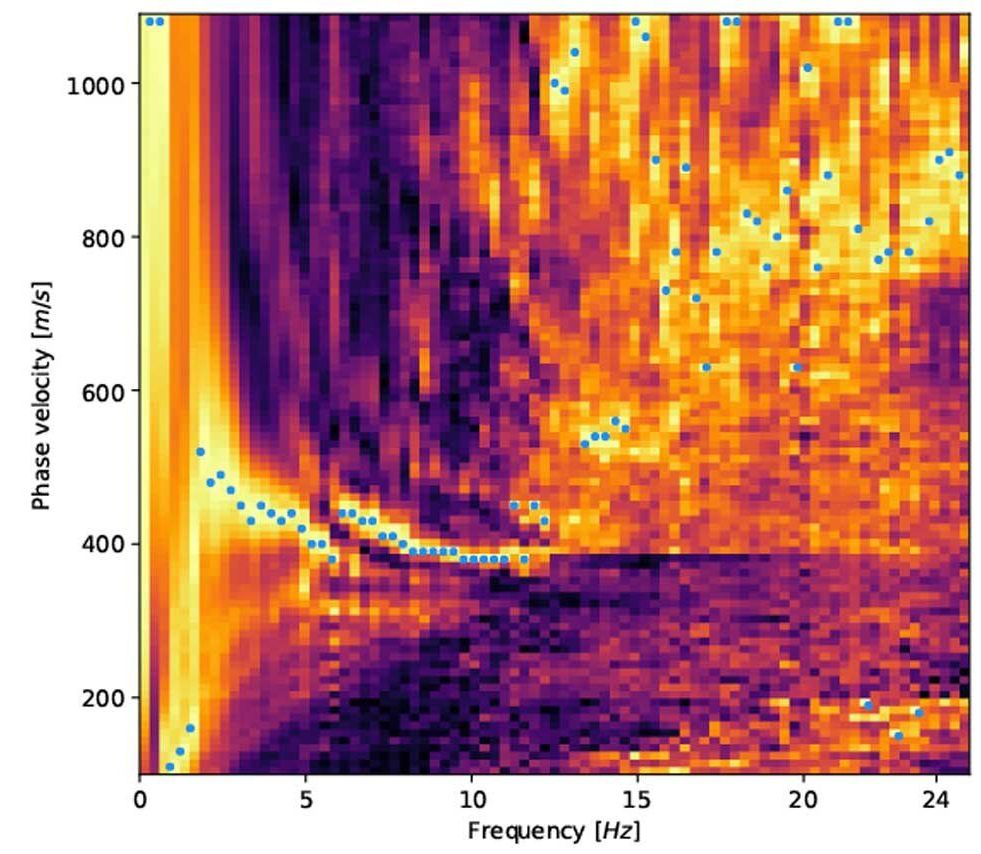
Category: futurism – Page 983


Invitation: The Future of Work — PostCorona Futures, Free Digital Conference April 9 5pm Sydney time
Greetings everyone, I am running a very unique digital conference time-slotted for participants in Asia, AUS, NZ etc on April 9, 5pm Sydney time, see details below, with 2 very well known Futurist colleagues, Ross Dawson and Shara Evans, on the Future of Work. We are using the Zoom platform again, and have room for up to 500 people; right now we’re at 280 signups but it’s filling up quickly so please sign up soonest:)
Please review the event details here, or here.
Some more related resources:
Archives of previous online shows
***** New: short film on impact of covid9





Aubrey de Grey talks about longevity for rich and poor people
#longevity
#overpopulation
#futurefood
#futuresolution

